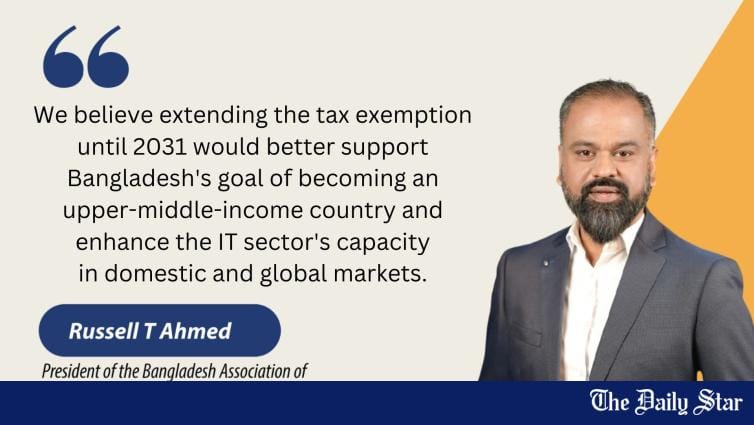Meta to deal directly with advertisers in Bangladesh
Meta logo is seen near computer motherboard in this illustration taken January 8, 2024. Photo: Reuters
Meta, the parent company of Facebook, plans to stop availing services of Httpool, its authorised sales partner in Bangladesh, from July and shift to a model where it will interact directly with advertisers.
"Meta has recently made the decision to standardise their advertiser service model worldwide," Aloke Panikar, regional director for Asia-Pacific at Aleph, the parent company of Httpool, said in a letter to advertisers in Bangladesh recently.
"…and in markets previously covered by an authorised sales partner, Meta will begin working with advertisers directly starting from July 1, 2024," the letter read.
"This means that Aleph will no longer be Meta's authorised sales partner."
The development has created panic among businesses as they apprehend difficulties in ensuring compliance with VAT and tax regulations when advertising directly with Meta.
"As a compliant company, we are worried," Fahim Mashroor, CEO of online job portal bdjobs.com, said.
"Advertising on Facebook with Httpool was easy as they took care of VAT and tax issues and we could pay in taka. Now, how Facebook will handle this remains unknown," he said.
To read the rest of the news, please click on the link above.






















